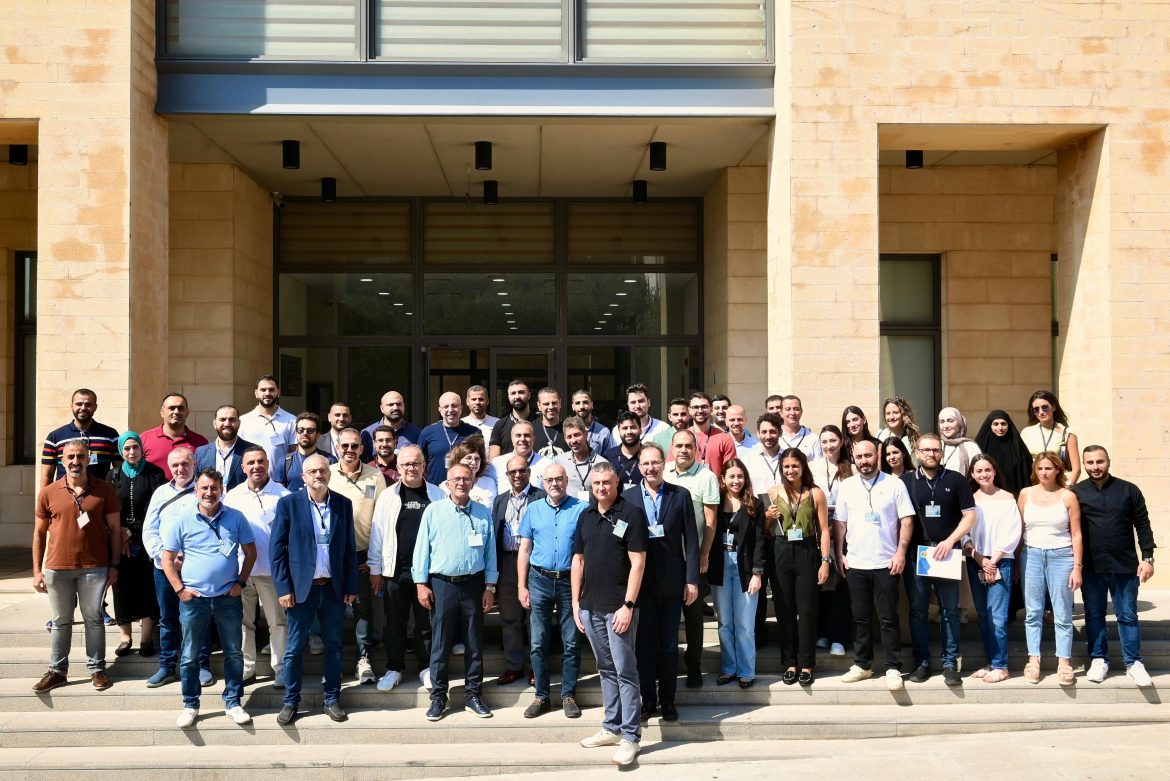The Faculty of Medicine and Medical Sciences (FOM) at the University of Balamand (UOB) held its second pain medicine workshop in Lebanon titled “Hands-on Cadaver Spine & MSK Ultrasound” on September 26th and 27th, 2025, at the Anatomy Department of UOB, Koura Campus. This unique and first of its kind workshop was organized by Professor Maroun Ghabach, President of the Congress. The symposium’s goal is to explore pain treatment methods by integrating technology and hands-on practice for participants with experts from the pain management field.
Featured speakers at this workshop include Dr. Zbighniew Kirkor, Consultant in Anaesthesia and Pain Medicine and the Head of Regenexx Clinic in the UK; Dr. Martynas Juozaitis, Co-owner & Doctor at Algocells Regenxx Clinic for advanced regenerative Medicine; and Dr. Arun Bhaskar, Past President of the British Pain Society Chairman of the UK Section of WIP, UK.
The workshop on Interventional Pain Management provided a comprehensive overview and practical training in the field, beginning with an online pre-session focused on foundational knowledge, including anatomy, safety principles, and risk management.
The in-person program took place multiple days and featured expert-led lectures on topics such as steroid use, regenerative therapies, neuropathic pain, radiofrequency procedures, and spinal imaging. Participants engaged in extensive hands-on training, including ultrasound-guided and X-ray-guided interventions on both live models and cadavers. The sessions were designed to deepen anatomical understanding, refine procedural skills, and update clinicians on the latest advances and safety practices in pain management.
Dr. Sami Azar, the Dean of FOM, spoke about the university’s role in driving innovation in the medical field, stating: “As a leading academic institution, UOB strives to be at the forefront of medical innovation. Hosting such workshops reinforces our responsibility not only to educate but also to lead, by creating spaces where new techniques, emerging therapies, and collaborative thinking shape the future of patient care.”

